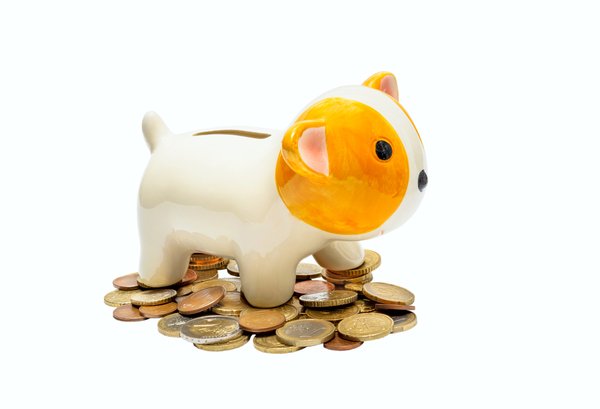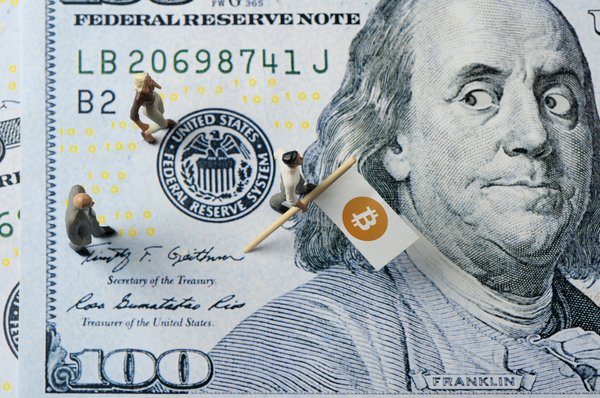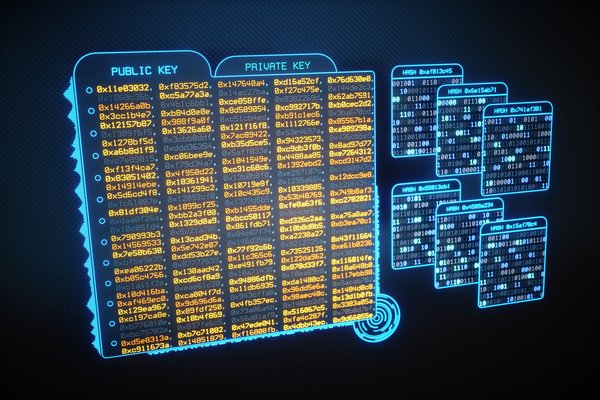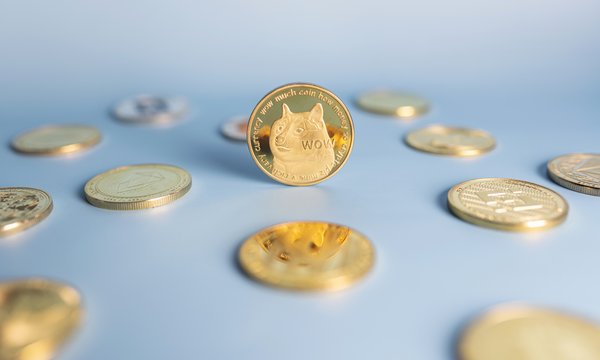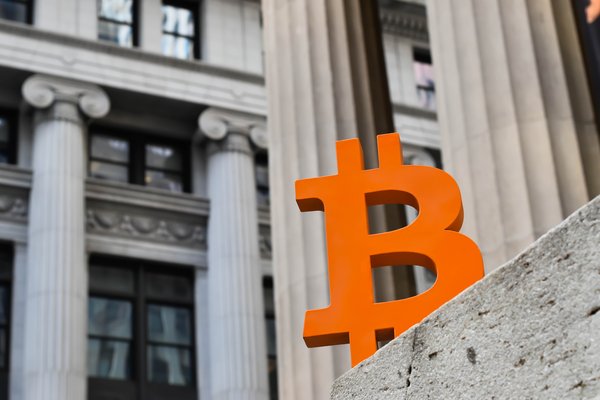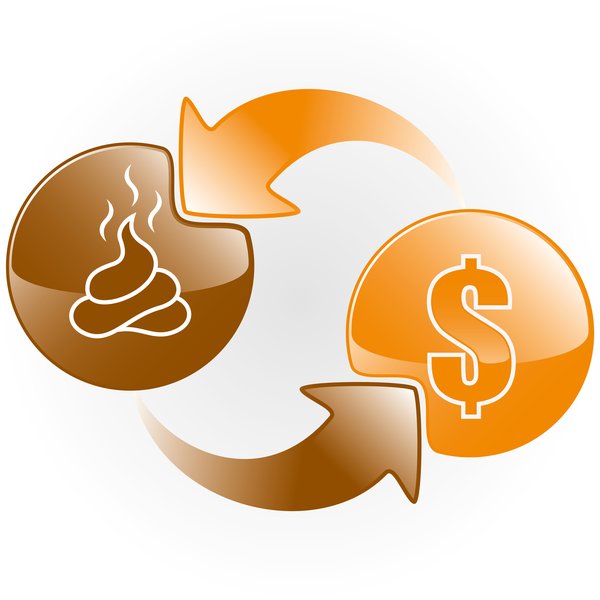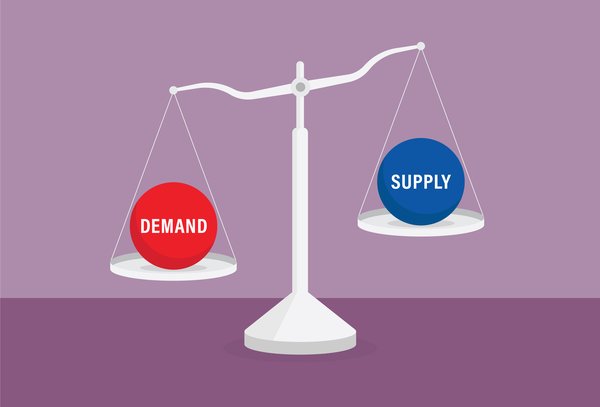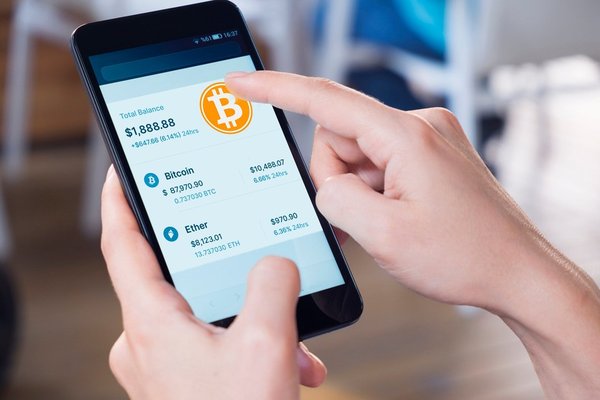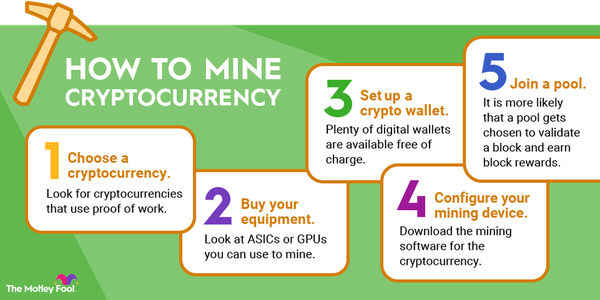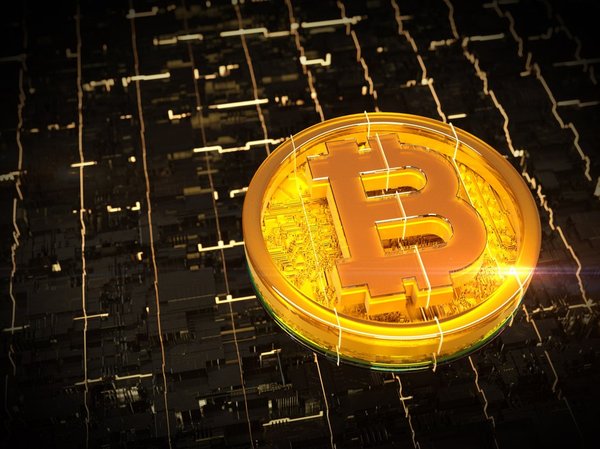Monero (CRYPTO:XMR) is a privacy coin that focuses on providing total anonymity for its users. Every user on Monero is anonymous by default, and every transaction is private, which also means that transactions can't be traced.
As you might expect, Monero's reputation for being untraceable has made it the cryptocurrency of choice for illicit activity. The IRS even offered a bounty to anyone who could crack it. However, Monero isn't just for criminals; it has a large developer community and is a favorite of cryptocurrency enthusiasts who value their privacy.

What makes Monero unique?
Most cryptocurrencies, despite some people's misconceptions, are anything but anonymous. They use blockchains to record transactions. Since these blockchains are public, anyone can view the amounts sent from one crypto wallet address to another. The wallet addresses could potentially be linked to real-world identities.
That's where Monero is different. Monero uses privacy-enhancing technologies to make its users and transactions anonymous, confidential, and untraceable. The sender, receiver, and amount of every transaction on the Monero blockchain are hidden.
The million-dollar question is if Monero is truly untraceable. To date, there's no evidence that anyone has been able to trace Monero. There are companies that claim they've developed Monero tracing methods, but no one has provided proof of tracking a Monero transaction from point A to point B.
On the other hand, Monero's own website states that nothing is 100% anonymous. It also leaves open the possibility that someone could figure out a way to infer information through the cryptocurrency's privacy layers. Although Monero seems to be the closest thing to untraceable right now, there are no guarantees of complete anonymity.
Where Monero came from
The idea behind Monero came from a 2013 white paper for a cryptocurrency protocol called CryptoNote. The author, who remained anonymous and went by the pseudonym Nicolas van Saberhagen, wrote about the importance of privacy and anonymity for a digital currency. They also pointed out that the traceability of Bitcoin (CRYPTO:BTC) was a critical flaw.
A user for the bitcointalk.org forum called "thankful_for_today" decided to use those ideas to create a crypto coin, BitMonero. When other forum users disagreed with thankful_for_today's plans for BitMonero, they forked it (split it off from the original protocol to form a new one). The fork became Monero, which means "coin" in Esperanto.
Monero launched on April 18, 2014. The founder and many in its core development team choose to remain anonymous.
How Monero works
Here are three technologies Monero uses to anonymize transactions:
- Stealth Addresses: Senders are required to create random one-time addresses for every transaction on behalf of the recipient. This prevents transactions from being linked to the recipient's public wallet address.
- Ring Signatures: Every transaction includes a ring signature with a group of users, including the actual sender who signed the transaction and multiple decoys. This prevents transactions from being linked to the sender.
- RingCT: Short for Ring Confidential Transactions, this technology encrypts transaction amounts so that only the sender and the recipient know how much was sent.
With the combination of these technologies, as well as the Invisible Internet Project (I2P) and Dandelion++, Monero is able to hide the sender, recipient, and amount of the transaction on its blockchain.
To process transactions, Monero uses the proof-of-work consensus mechanism. Like Bitcoin, it relies on cryptocurrency mining. Participants use mining devices to solve complex equations, with the winner earning the right to validate a block of transactions and earn rewards.
There's a key difference between Monero's proof-of-work algorithm and Bitcoin's. Monero's algorithm is resistant to ASICs, the high-powered machines designed specifically for mining cryptocurrency. Miners must use consumer-grade hardware, meaning CPUs and GPUs. Due to that characteristic, mining Monero requires significantly less energy than mining Bitcoin.
Monero’s partnerships
Monero hasn't had many big partnerships. That's due in part to its reputation since it's known for being a cryptocurrency used by criminals.
The most notable partnership initiative for Monero has been Project Coral Reef. Monero's developers collaborated with dozens of musicians for the cryptocurrency to be an accepted payment method in their online stores, as well as exchanges that include bisq, Local Monero, and Hodl Hodl.
Monero was briefly linked to the popular online battle game Fortnite in 2019. The game's official merchandise store started accepting Monero payments through a cryptocurrency payments provider. However, it turned out to be an accident, and Monero payments were quickly disabled.
Can I make passive income with Monero?
You can make passive income with Monero by lending it. There are multiple crypto lending protocols that support Monero, including CoinLoan and KuCoin. U.S. residents are prohibited from using KuCoin, but CoinLoan is an option.
Unique risks
Regulatory pressure is the biggest issue that could impede Monero. Privacy coins are controversial, and Monero is the biggest one. That's a sign of how well it works, but it also means that Monero is the privacy coin that looms largest in the crosshairs of regulators.
Several countries, including Australia, Japan, and South Korea, have either banned privacy coins entirely or recommended a ban. Even in countries that haven't at least mulled a ban, many cryptocurrency exchanges don't offer privacy coins because of the risk involved.
Measures like these won't be the end of Monero or stop people from using it. They do, however, make it more difficult to buy and get in the way of widespread adoption. For example, most merchants will likely avoid accepting Monero if they'd be running the risk of legal issues.
Is Monero a good investment?
The success of Monero as a crypto investment will depend on how much the market values the anonymity this coin provides.
The No. 1 reason why Monero could be a good investment is that it has its niche in the crypto ecosystem. It's the leader among privacy coins, and just about everyone who's interested in privacy coins knows about Monero. There are others out there, most notably Zcash (CRYPTO:ZEC), but none that has reached Monero's level of success.
Monero has a clear use since there are plenty of reasons why people would want a cryptocurrency that keeps their transactions private. Although some use Monero for ransomware and other illegal activities, other users just don't want a public record of their cryptocurrency transactions.
Monero does have its potential issues. Countries have banned it and exchanges have delisted it. That could hold it back in terms of value because availability on major crypto exchanges influences how high a coin's price goes.
If you think privacy coins play an important role in the future of cryptocurrency, you may want to invest in Monero. Like other types of cryptocurrency, Monero is volatile, so be prepared for price changes and only invest money you could afford to lose.
How to buy Monero
Although many exchanges have opted not to offer Monero, there are still places to purchase it. If you're in the United States, you can buy Monero on Kraken. People outside the country can also find Monero on KuCoin and Binance (it's not available on the U.S. version, Binance.US).
Another way to get Monero is to purchase it directly from another person on the decentralized, peer-to-peer Bisq exchange. There are also platforms that let you swap one cryptocurrency for another, which you can use to trade for Monero. Here are a few of these platforms:
- SimpleSwap
- ChangeNow
- GoDex
Monero is controversial, but that comes with the territory. Any digital currency that promises privacy is going to attract criminals. This cryptocurrency also has a devoted community that supports it because the members believe in the importance of privacy.















